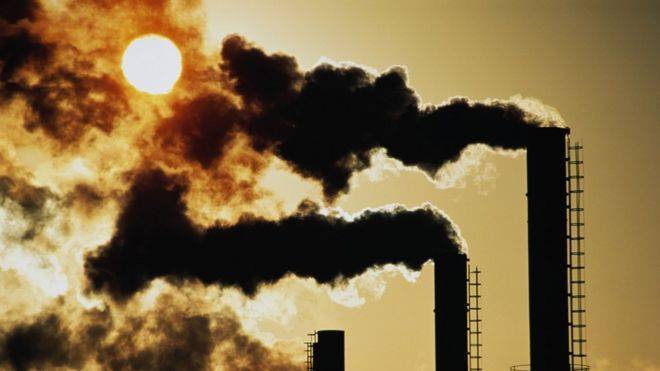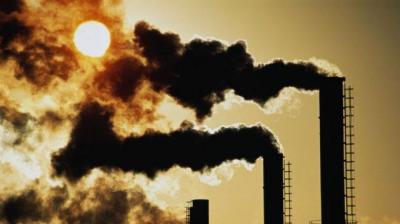The International Energy Agency (IEA) stated on Thursday that global carbon dioxide emissions related to energy reached a record high last year, partly due to increased fossil fuel use in countries where drought hindered hydropower production. Scientists warned that a substantial reduction in carbon dioxide emissions, primarily from fossil fuel burning, will need to be made in the coming years if there is a genuine commitment to achieving targets aimed at limiting global temperature rise and preventing severe climate change.
The IEA noted in its report, "Instead of the rapid decline required to meet global climate goals outlined in the Paris Agreement, carbon dioxide emissions have reached a new record level." The agency's analysis showed that global energy-related emissions increased by 410 million tons, or 1.1 percent, in 2023 to 37.4 billion tons.
The report mentioned that the global expansion of clean technologies, such as wind and solar energy and the use of electric vehicles, helped mitigate the rise in emissions, which had increased by 1.3 percent in 2022. However, it added that the recovery of the Chinese economy, increased fossil fuel use in countries with low hydropower production, and the recovery of the aviation sector contributed to the overall rise in emissions.




